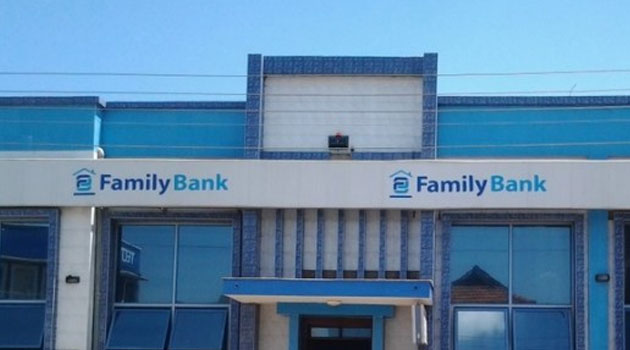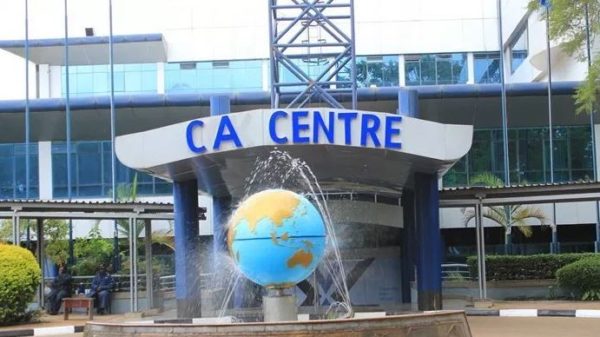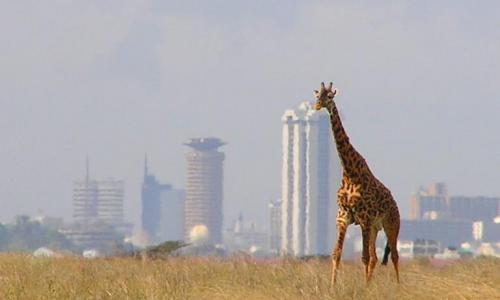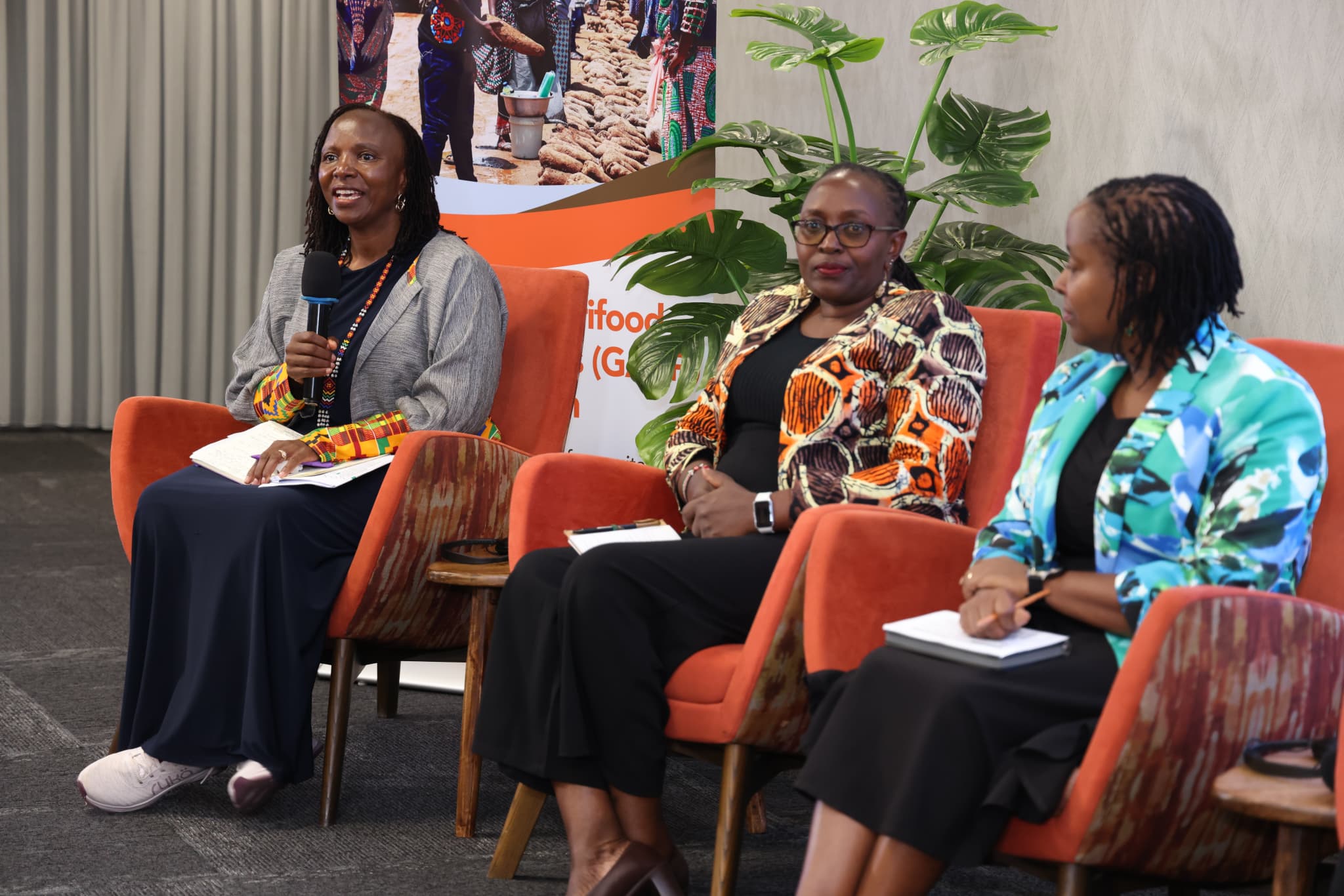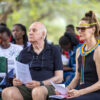NAIROBI, Kenya, June 23 – The African Women in Agricultural Research and Development (AWARD) has launched a new initiative aimed at strengthening gender-responsive policymaking across the continent’s agrifood systems.
Dubbed the Gender in Agrifood Systems Policies (GASP) Program, the initiative seeks to build the capacity of 50 mid-career women policy professionals from eight African countries—Burkina Faso, Cameroon, Kenya, Madagascar, Mali, Nigeria, Togo, and Zambia—to design and implement more inclusive agricultural policies.
The program’s inaugural cohort was formally introduced on Monday at an event held at the Holiday Inn Nairobi, featuring a policy dialogue with experts on the role of gender in agricultural development.
According to AWARD, gender disparities remain a major constraint in Africa’s agricultural productivity. Despite women’s substantial contribution to agricultural labor, many face restricted access to land, capital, training, and markets.
“Addressing these imbalances through policy reform is key to unlocking productivity and improving food security,” said Dr. Susan Kaaria, AWARD Director, during the event.
Funded by GIZ on behalf of Germany’s Federal Ministry for Economic Cooperation and Development (BMZ), the GASP Program is supported under two initiatives: Sustainable Agricultural Systems and Policies (AgSys) and Women Empowerment for Resilient Rural Areas (WE4R).
Stakeholders say the program comes at a time when countries are under pressure to improve the sustainability and resilience of food systems in the face of climate change and population growth.
“The integration of gender into agricultural policy isn’t just a social issue—it’s a structural one with implications for economic performance and rural livelihoods,” said Hannah Scheuermann, Advisor on Sustainable Agricultural Policies at GIZ.
Participating institutions and individuals are expected to apply their training in shaping reforms within their national policy frameworks, contributing to broader efforts to make African food systems more inclusive and resilient.

